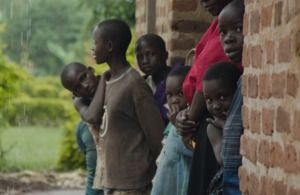💥💥💥💥💥💥💥Humanitarian Day, the UK Space Agency announced £3.4 million of new funding for 10 leading-edge projects, backing UK academics using space to tackle global development problems – from the spread of malaria to human trafficking and forced labor. In 2018, there were an estimated 228 million cases and 405,000 deaths from malaria alone.
These projects will develop solutions to global challenges that will open up new opportunities for UK space expertise to help countries overseas to deal with myriad problems. Among the others being backed are space-based solutions that will help protect wildlife habitats in Kenya and another that will improve resilience to flooding in Bangladesh, which is suffering the most prolonged monsoon rains in decades.
On World Humanitarian Day, the UK Space Agency announced £3.4 million of new funding for 10 leading-edge projects, backing UK academics using space to tackle global development problems – from the spread of malaria to human trafficking and forced labor. In 2018, there were an estimated 228 million cases and 405,000 deaths from malaria alone.
Using satellite, air-borne and ground-based sensing technology, academics at The Open University will detect where mosquitoes are most likely to breed, and support efforts to tackle this deadly disease at its source. Once identified, ‘sprayer drones’ will release biocontrol agents that will kill mosquito larvae without affecting other species, as part of the DETECT project.
Uganda is a source and destination country for men, women, and children trafficked for the purposes of forced labor and sexual exploitation. A project backed by the cash injection announced today will see UK academics at the University of Nottingham apply Earth observation technology from satellites to Uganda’s anti-human trafficking and forced labor efforts.
